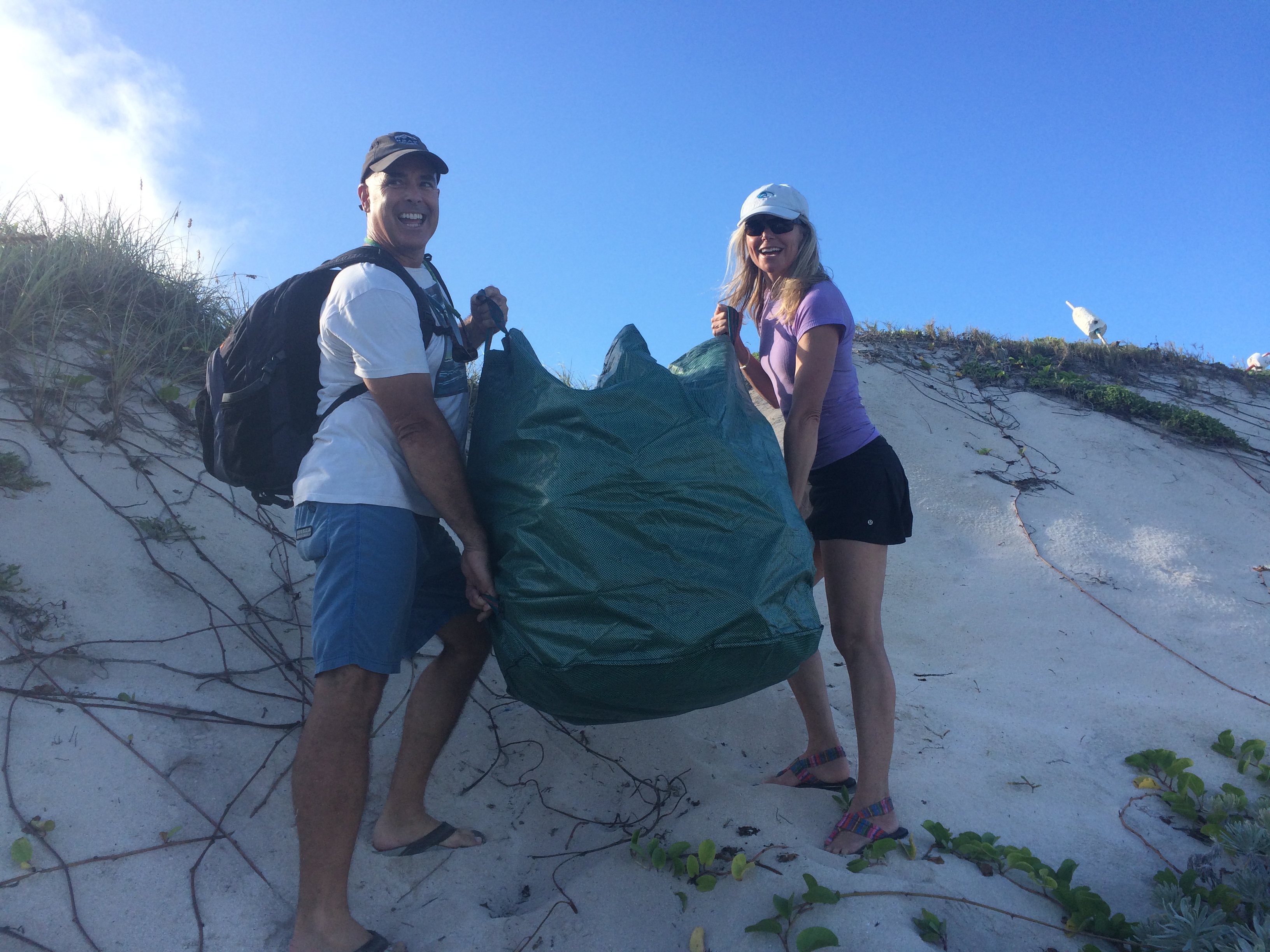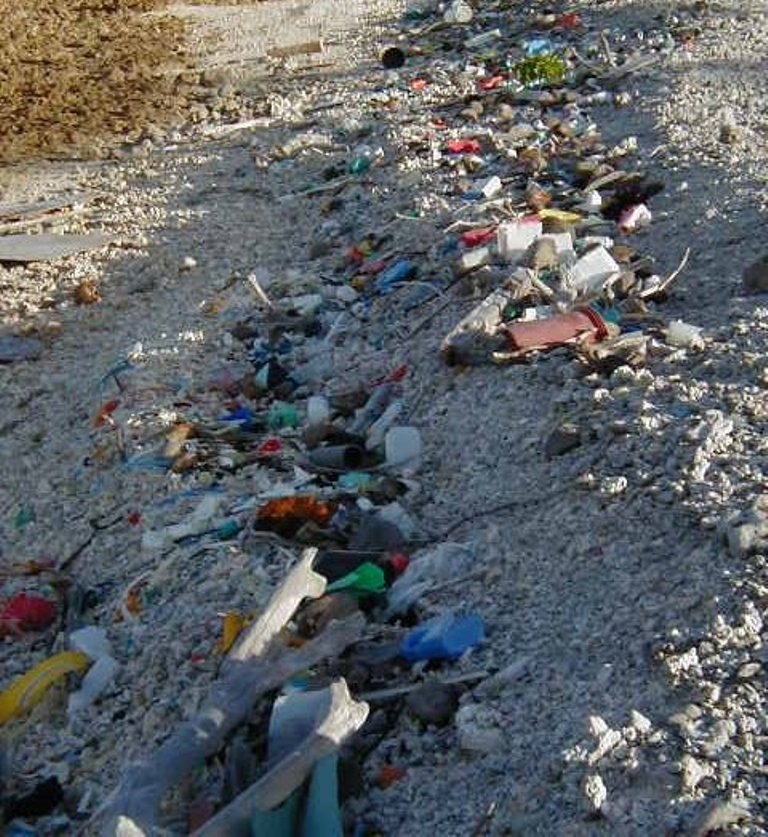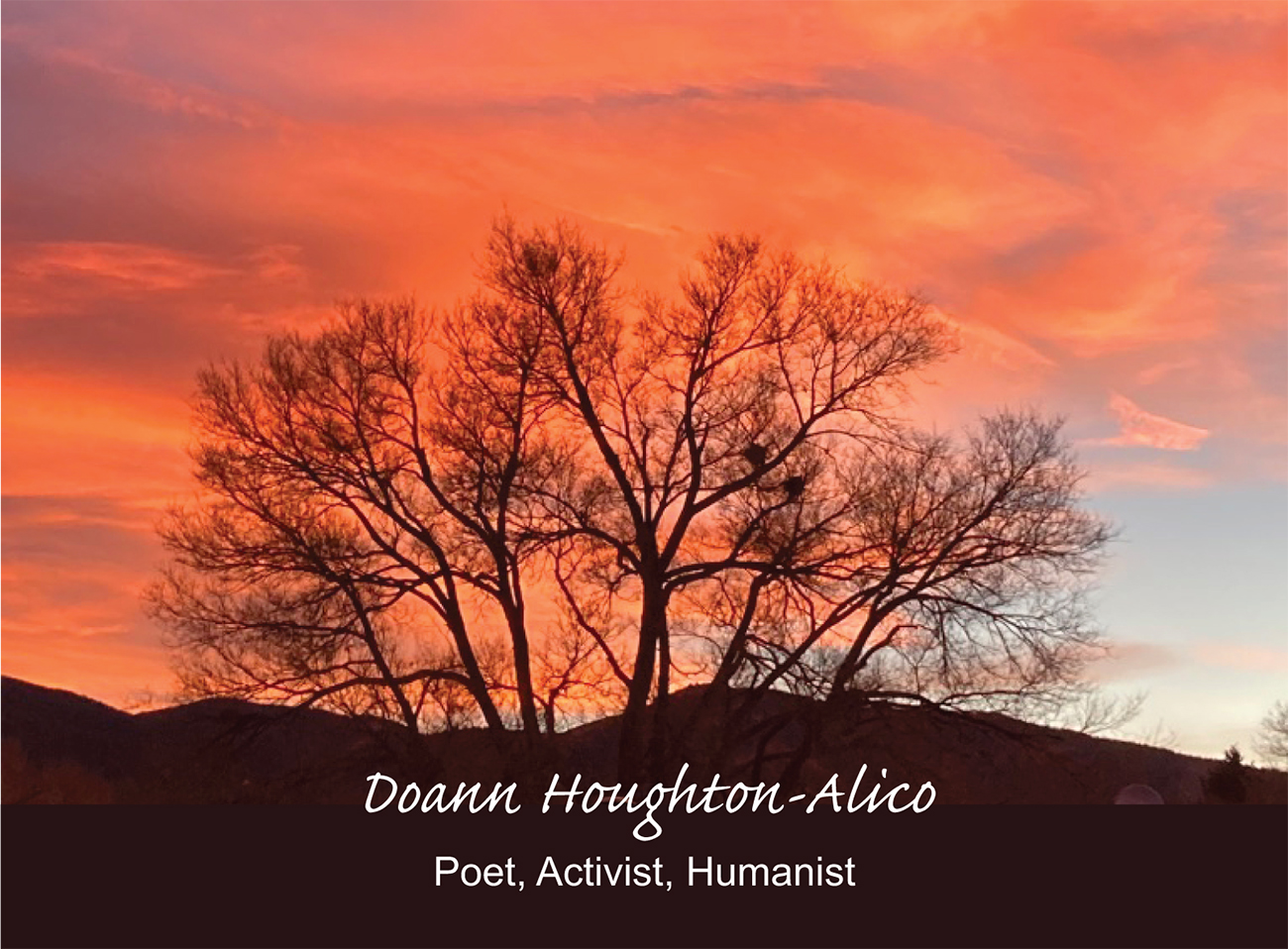
Read about a clever approach to two major world problems.
First, a brief “why.” Plastic never goes away. You may recycle it or put it in your trash, but it will come back. Sounds like the latest horror movie: Revenge of the Plastic Monsters; and in a very real sense it is a horror, but not make-believe.
Plastic is made out of petroleum, although it breaks down, the smallest molecules of plastic are indestructible. They become the microplastics that now dominate our oceans, the food chain, and soon us. As the young Dustin Hoffman character in the 1967 movie, “The Graduate,” was advised: “I’ve got one word for you, Benjamin: Plastics!” Ben may have ignored the advice, but the rest of the world didn’t. Plastic became the go-to solution for packaging, the fast-food industry, medical technology, household goods, et al.
Look around you, and try to find something that doesn’t have plastic in it. Did you know that most clothing has plastic in it (for example, microfiber fleeces, polyester, acrylic, and nylons) and when washed, microplastics are released into the water; the gum bases in chewing gum in most gums are made from polyethylene, a plastic (gum bases are considered trade secrets so their ingredients don’t have to be listed); most tea bags are sealed with polyethylene…and the list goes on.
Many inventive people are coming up with some partial solutions. Fishing for Plastic approaches two major problems: plastics in the oceans and unsustainability of fisheries!
Fishing for Plastic aims to incentivize subsistence fishermen to collect plastic for a monetary award. This project is being started in the Abaco archipelago of the northern Bahamas. But wait, you can be anywhere to participate!
Developed by Bill Atherholt and Angela Burns based on their experiences in various parts of the world from Indonesia to the U.S. Gulf coast, their approach also helps to lower the impact on already stressed market fisheries that these local fisherman have, unknowingly, overfished. Many are on the edge of unsustainability, such as the grouper and conch fisheries in the Bahamas. The mission of Fishing for Plastic is to “empower subsistence fishermen to engage in collecting shoreline plastic as part of their catch, for which they will receive monetary compensation.”
Their goals include:
DEVELOP a template for creating plastic collection stations in fishing communities worldwide.
PROMOTE stewardship while empowering fishermen to prosper by monetizing plastic waste and making it part of their catch.
GROW Fishing for Plastic collection programs until they are found in all regions where people fish and plastic waste is found on shorelines.
The pilot project is taking place in the Abacos, Bahamas. So if you’re in the area join in for their Fishing for Plastic Derby with cash prizes on May 25th in Marsh Harbour, Great Abaco, Bahamas.
You can participate elsewhere also; doesn’t even have to be on the water (although not for the cash prizes). Already there are teams in Perth, Australia; Vancouver, BC, Canada; and Colorado, Florida, Maine, and Virginia in the U.S.
Here’s how to do it:
What: Form or join a team and clean plastic from your local beach, shoreline, or community.
When: MAY 24th-27th weekend.
How: Register a team in Crowdrise or email angela@fishingforplastic.com
Where: Anywhere on the planet. Let’s get as many countries involved as we can!
Why: To clean up our oceans for a healthier environment!
Go to crowdrise.com/o/en/campaign/fishing-for-plastic-derby1 for more information. Also:
#FFPInternationalCleanUp and #FFPDerby
Your team can also fundraise for Fishing for Plastic making your cleanup even more powerful. Here’s some ideas about how to do that:
- Get sponsorship from family, friends, coworkers or local businesses
- To make it more fun get sponsored per kg/lb of plastic collected
- Or come up with your own creative ways
A message from Bill and Angela: “Whether you fundraise or join us for the PURE JOY of Plastic cleanup, PLEASE Send us pics and videos of your team in ACTION with before and after shots of your cleanup. Send to bill@fishingforplastic.com We look forward to seeing the great work you do and having you join the Fishing for Plastic family!”
Check out their website for ideas: fishingforplastic.com.

Bill and Angela hauling collected beach plastic in one of their heavy duty reusable bags.
Here’s a little more of the “why.”
300 million tons of plastic are produced every year and the amount rises with time. We know that at least 8 million tons are dumped in the ocean every year, but the actual amount is much greater as there is both intentional and accidental disposal in the oceans that isn’t counted.
Consider these numbers:
500 BILLION plastic bags are used annually world-wide.
20 MILLION plastic water bottles are used DAILY world-wide; it takes 250 ml of oil and 3 liters of water to make a 1-liter bottle of water.
2 MILLION tons of just PLASTIC BOTTLES go into US landfills annually.
50% of plastic manufactured is for SINGLE-USE ONLY, for example, straws, flatware, plates, packaging, water bottles, and condiment containers in fast-food restaurants.
The bywords for less plastic use are:
- • Refuse: single-use plastics end up in our oceans, so ask for alternatives that can be used again.
- • Reduce: Is it possible to reduce your plastic footprint by eliminating the amount of plastic products used?
- • Re-use: if you can’t use an alternative to plastic, make sure you re-use it where possible and dispose of responsibly.
- • Recycle: If you must purchase plastic, opt for items that are recyclable to reduce additional material ending up in landfills. From a sustainability perspective, recycling remains one of our key solutions. Recycling reduces our requirement on virgin plastics (thereby reducing our consumption of oil, as plastics are made from oil) and also prevents used plastic from ending up in the environment. [from www.PlasticOceans.org]
Hopefully, you have some other ideas to contribute, but also are willing to change some of your personal habits in terms of plastic use. Just Google plastic free products or lifestyle and you’ll get a gazillion ideas.
Here are some websites you might want to explore:

from my book, Voice of a Voyage: Rediscovering the World During a Ten-year Circumnavigation.

Doann
Thank you for sharing this worthy cause website! Great information and guidelines to do something about it. We’re doing our part here at home and everywhere we go.
Hopefully everyone will.
Hope all is well with you-
Medley
Thanks!